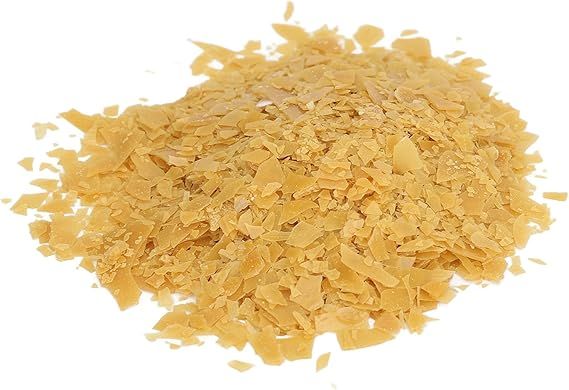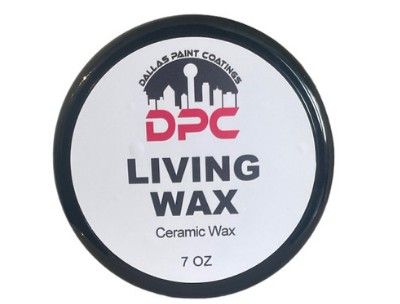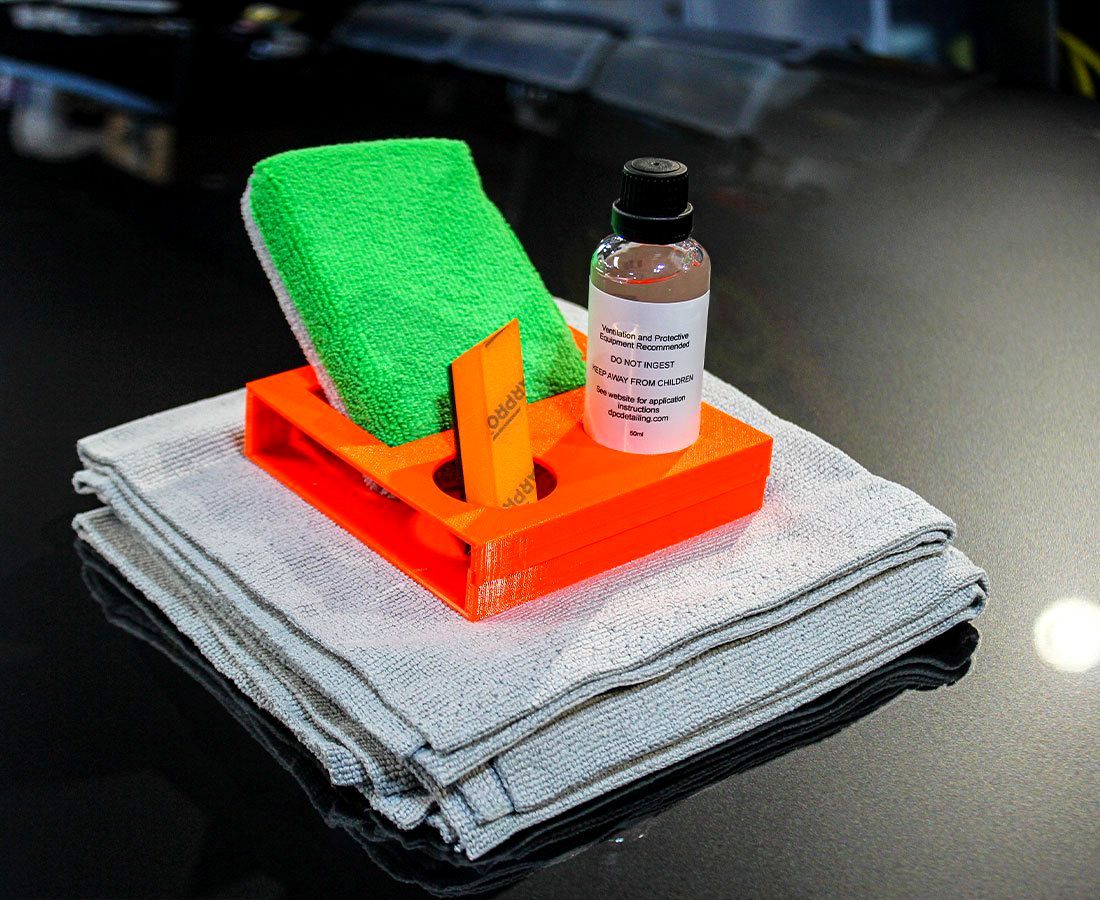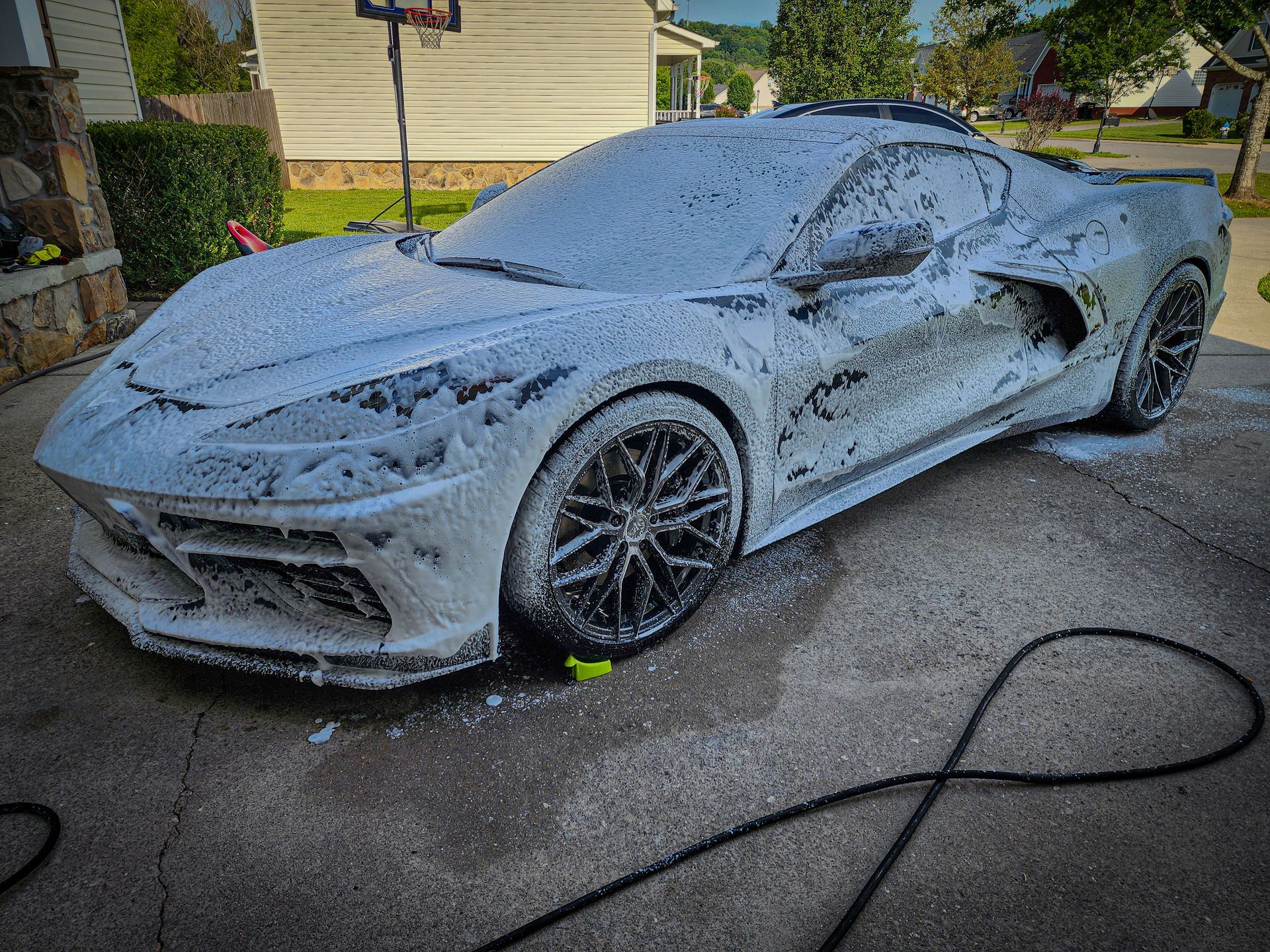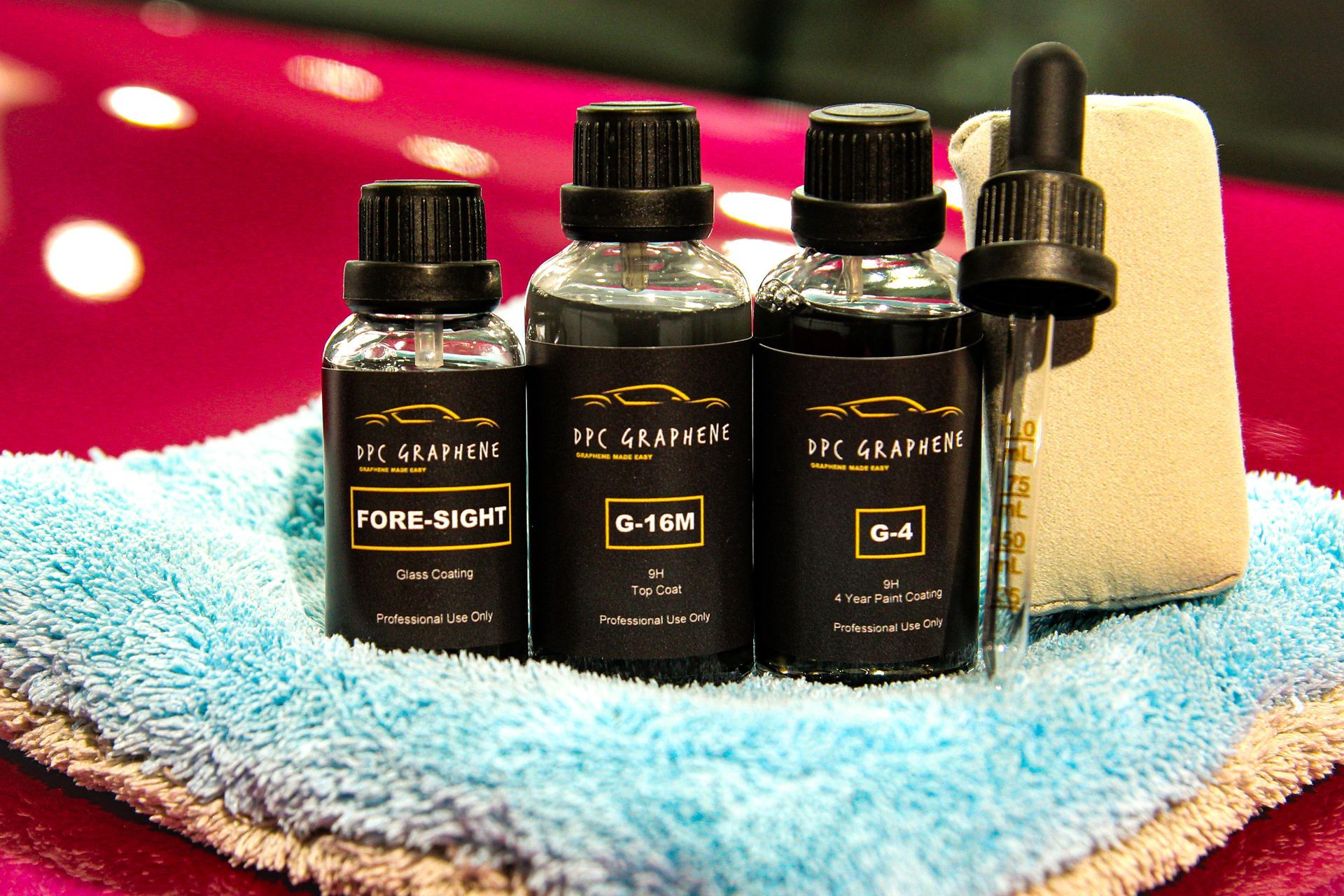Let me take you through a question and answer session that will leave you a much more informed decision maker so that you will get the desired results that you are looking for when it comes to the beauty and protection that is possible with the right car paint sealant. Some of the car show's in the Chattanooga Tennessee are can be very competive, let's make sure you know when to use the right product.
Q. Is there really a difference between a car wax and a car paint sealer?
A. The simple answer is yes! But that hardly answers your real question does it? What we really want is to know the actual difference between a wax and a sealant.
Q. So what is the difference between a car wax and paint sealant?
A. Wax products will have some form of a natural wax product contained as part of the ingredient list which may include, but not limited to carnauba, bees wax, Montan, etc. Sealants will be made using synthetic ingredients. To add to an already confusing area of car paint care, people as well as the industry itself forever interchange terms like polish, wax, and sealants. Unless you are part of the informed, and you read package labeling carefully, it is often hard to know what you are getting.
Q. I heard that carnauba wax is the best auto wax to use.
A. Let me do my best to explain how this works. 'Best' of anything will be a person to person judgement call based on what their goal is. For example, do you want the "best" visual enhancement of your cars paint, do you want the "best" in protection, or does "best" mean the easiest to use for you? Unfortunately, we have to pick and choose as the technology does not exist in which a single product comes with every possible benefit. Remember, we have already noted the difference between car waxes and synthetic sealants.
There many types of "natural" waxes used to make car waxes, eg. bees wax, carnauba yellow, carnauba white, etc. Most often car wax products will use carnauba wax as the main wax ingredient since this form of wax is marketed as the hardest of all wax forms. The misleading part of this is the fact that carnauba wax is rock hard in its natural state, and is completely unusable. It must be refined with other ingredients such as petroleum distillates, etc. to make usable. So when a manufacturer is labeling a car wax product as 100% natural, or 100% pure carnauba, they are referring to the purity of the carnauba wax used within the product, versus the overall content of product as a whole.
Q. What would be the reason to use a sealer over a wax?
A. Sealers are the place to go for ultimate in durability and protection. Sealers contain polymer technology and are the result of advances in chemical engineering. These products last the longest, are usually easier to use, and add a slippery and slick feel to your paint that is unlike that of natural carnauba car waxes.
Q. What are the best uses for sealants?
A. Sealants are perfect for people looking to wax or seal their cars less often, rather than more often. Also ideal for such as water craft and RV applications where most people are looking to have the longest lasting protection due to the conditions these large items must endure, and for the basic fact that they are large and make frequency of wax applications unlikely. Traditional waxes my only last a few days or a best a few weeks.
Q. What are the draw backs to using car paint sealant versus carnauba waxes?
A. While a car paint sealant is superior in protection and durability, you may compromise on visual results that carnauba paste waxes are known for. Paste waxes have always been associated with the ultimate in depth creation and glossing for paint. Filler waxes also have the added benefits of hiding lite swirls and micro-marring.
Q. Can I get the best of both worlds by applying a car paint sealant first for durability, then apply a car wax over the sealant for visual performance?
A. YES and NO! Many enthusiasts and professionals employ this technique and is practiced by many of those with dark colored cars without issue. However, some of the new solvent based spray sealants like we use here at Ringgold Auto Detail are very strong and may reject organic wax applications leaving you with a smeary surface.

